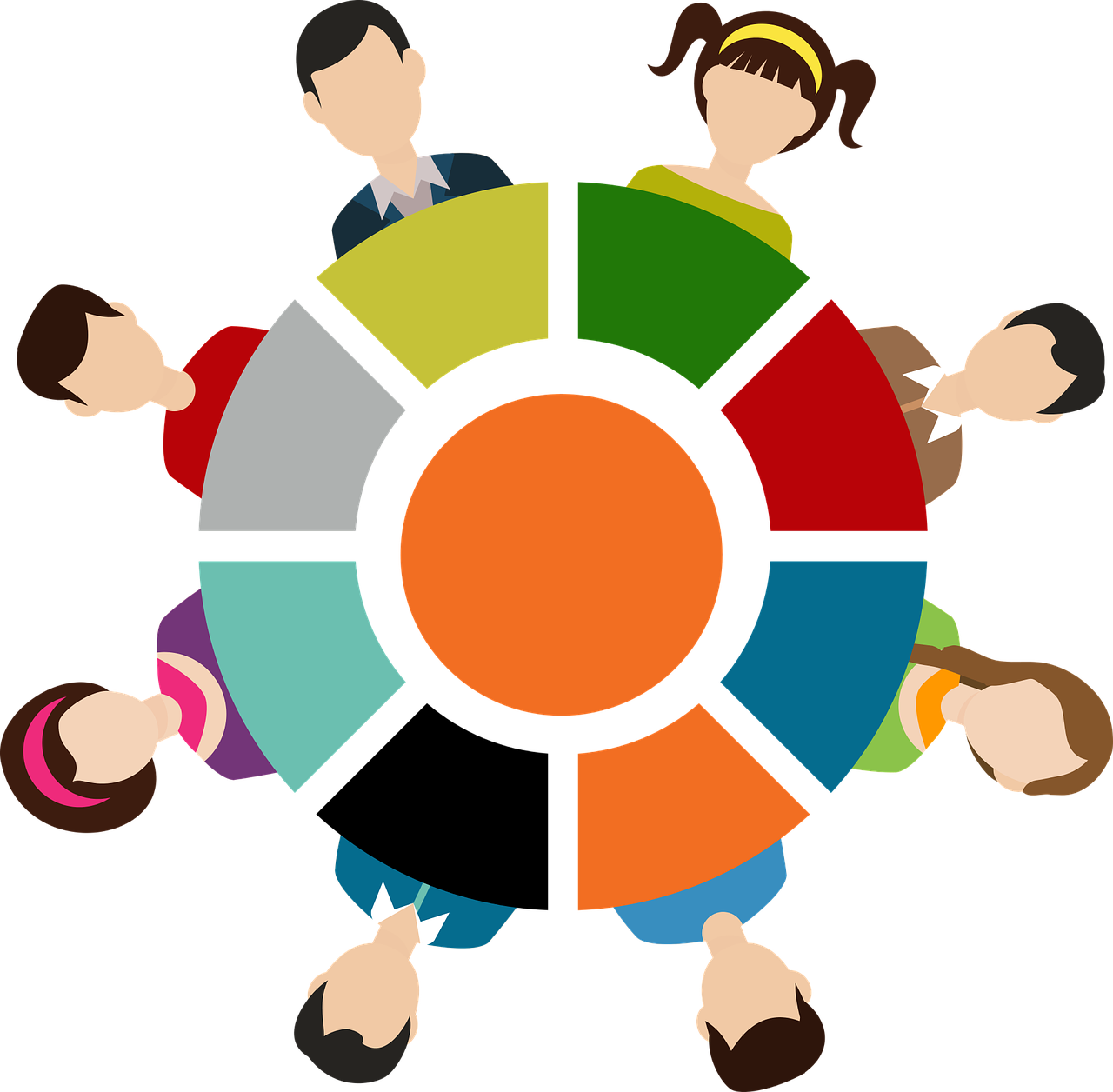A term that jumps out at you from many job ads is Team Player. This is an issue that is on every interviewer’s mind when an applicant applies for a job and this question is asked not just at the junior levels of recruitment but also at middle and senior management levels. “Is this person going to be a good team player?” While leadership qualities are the key requirement at senior levels, being a team player is considered equally important if a senior person has to interact with a high profile peer group or international business heads on strategic decisions. Team players are therefore preferred at all levels within the organisation.
A team is seen as a collection of people, each of whom is a powerhouse of talent, knowledge, expertise and skill. When these individuals are grouped together to work towards a common goal, they become even more powerful in being able to deliver quality and results. But for the individuals to merge into a team set-up and add value to the team process, each person has to be a good team player. To start with, “What are the qualities of a team player? And, what are the qualities of a non-team player?”
The Team Player: Being a team player is an attitude and approach to teamwork. It is a work ethic of being supportive, participative, and cooperative in accomplishing a common objective. Team players have the capacity to make teamwork more productive by contributing to the group process with sincerity and being fully aware of and committed to their role in achieving the overall team objectives.
The Non-Team Player: The mistake that is often made by non-team players is that they begin to treat the team as a game arena. They compete in the hope of outshining one another. They crave for attention and accolades and are preoccupied with getting personal credit for a job well done. One-upmanship drives their day to day interactions and behaviour. They also keep thoughts, ideas and information close to their chest in the hope that he or she will be one up on the other team members. But teamwork is not a contest. There should be a little bit of competitive spirit among team members so that they feel motivated to excel and shine in their individual roles but not to an extent that it compromises the group objectives.
Not sharing information compromises teamwork
Not being totally honest compromises teamwork
Not being participative in discussions compromises teamwork
Not being cooperative compromises teamwork
Non-team players are either too individualistic to merge well into a team concept or they are too competitive to subscribe to the teamwork concept of being supportive, participative, and cooperative.
Let’s interpret the ideal notion of a team player. Here’s an interesting interpretation of what a team player is all about. This definition can be found at wikipedia.org. Wikipedia is a free encyclopaedia and the definitions are put together and edited by visitors to the website, not necessarily experts. The perceptions about teamwork and the expectations that people have from team players is interesting and enlightening:
Wikipedia definition:
In order to work successfully within a team, it is important to become a team player. A team player works well with other people on the job. Employers like it when their employees get along well and still get the job done. In order to be a good team player, one must be willing to compromise, think of ways to solve problems, and not demand that their ideas are used. Loyalty and commitment to the group or organisation are very desirable qualities to have if one wishes to be a team player. These individuals are continually thinking of ways to meet the goals and objectives of their work group, and are adaptable, flexible, and willing to work in different conditions and environments.
Source: http://en.wikipedia.org/wiki/Team_player
In the above perceptions about team players the important thing to note is, all the issues that have been brought to the fore are not unusual or out of the ordinary. These are indeed plausible and reasonable expectations from teamwork and team players.
One point that has been touched on but not fully articulated in the above definition is the issue of team discussions and the use of ideas. Team players have to be participative and ready to discuss and debate issues. They also have to be able to put up a good convincing argument in order to get others to subscribe to a particular idea but at the same time without being pushy about it. If a better idea comes up, good team players are willing to accept its greater relevance to the project or task. The key lies in going after good ideas. It is not a question of ‘your idea versus my idea’. It’s the ability to pinpoint the idea that is best suited for the task on hand, irrespective of who came up with that idea. Good team players can decipher and appreciate good ideas and be non-partisan and impartial about selecting the best solution for the task.
Effective teamwork is all about coming up with the right solution to a problem, coming up with a good strategy, coming up with innovative solutions or coming up with sound proposals for a project. The whole process revolves around ideas, communication and decision making. In such a scenario, the team player has to necessarily aim at mastering the team discussion dynamics. The powerhouse of knowledge and expertise within each individual can collectively benefit the team output, when the discussion, debate and decision making happens in a mature and focused manner.
 Team Building Portal
Team Building Portal